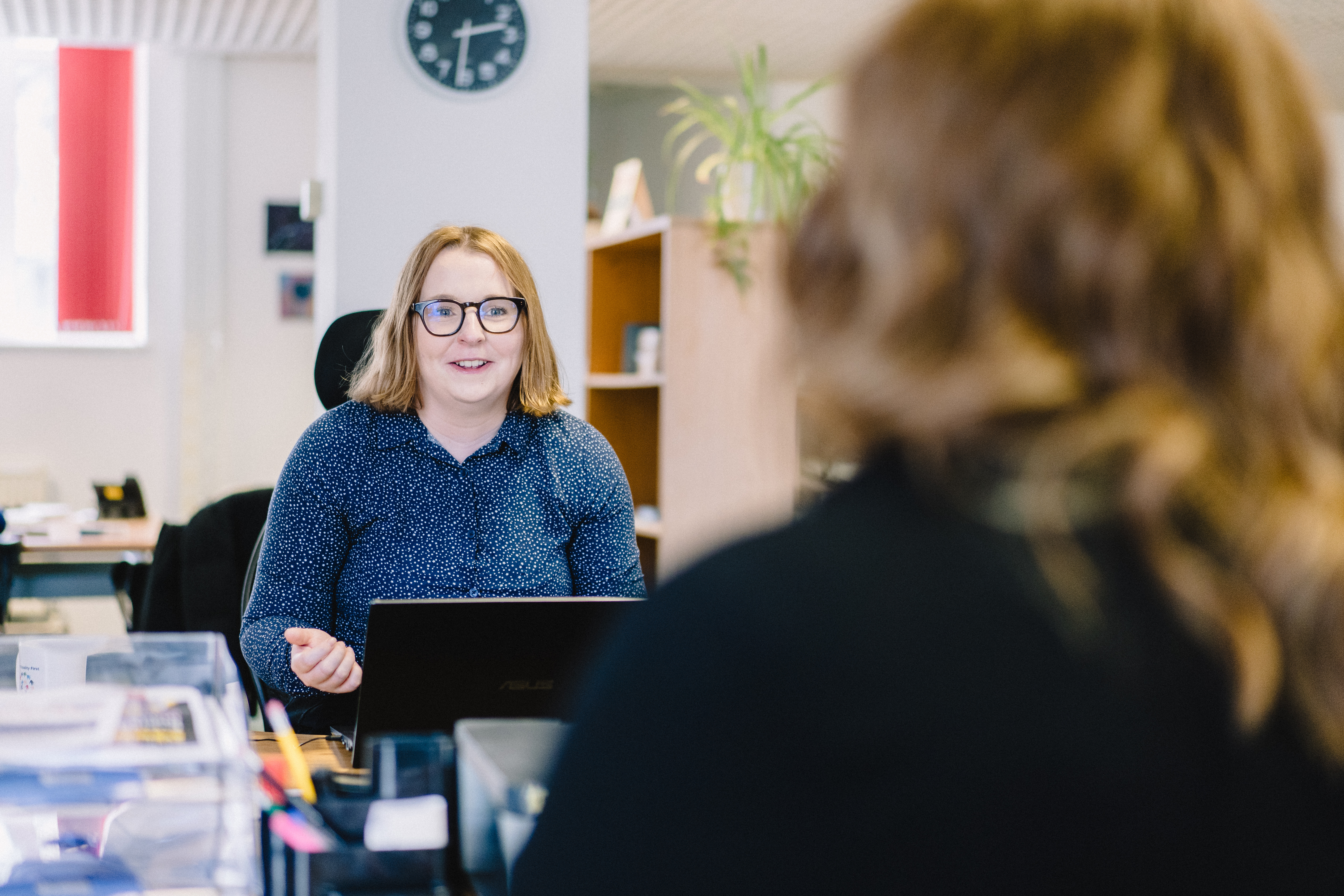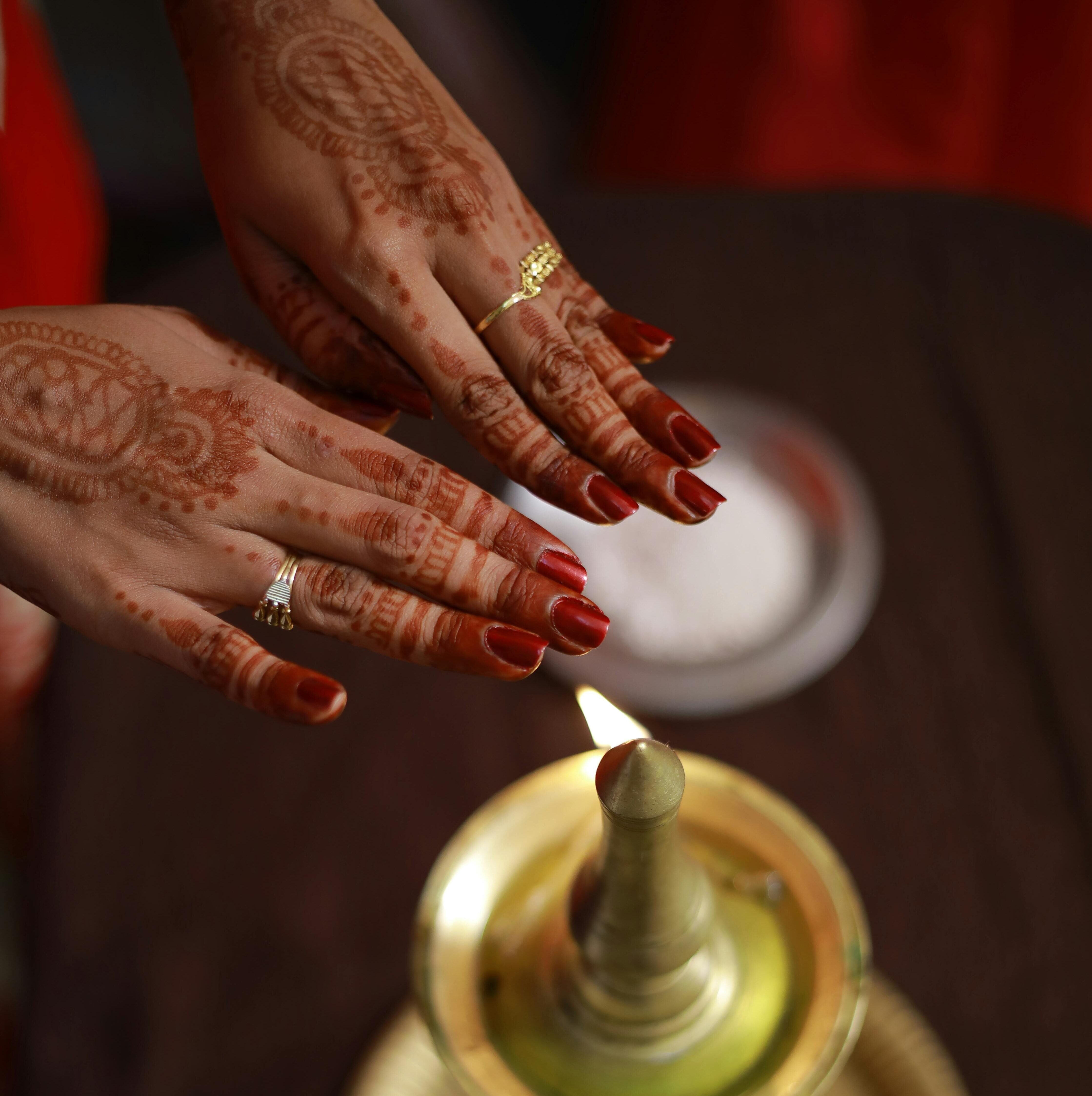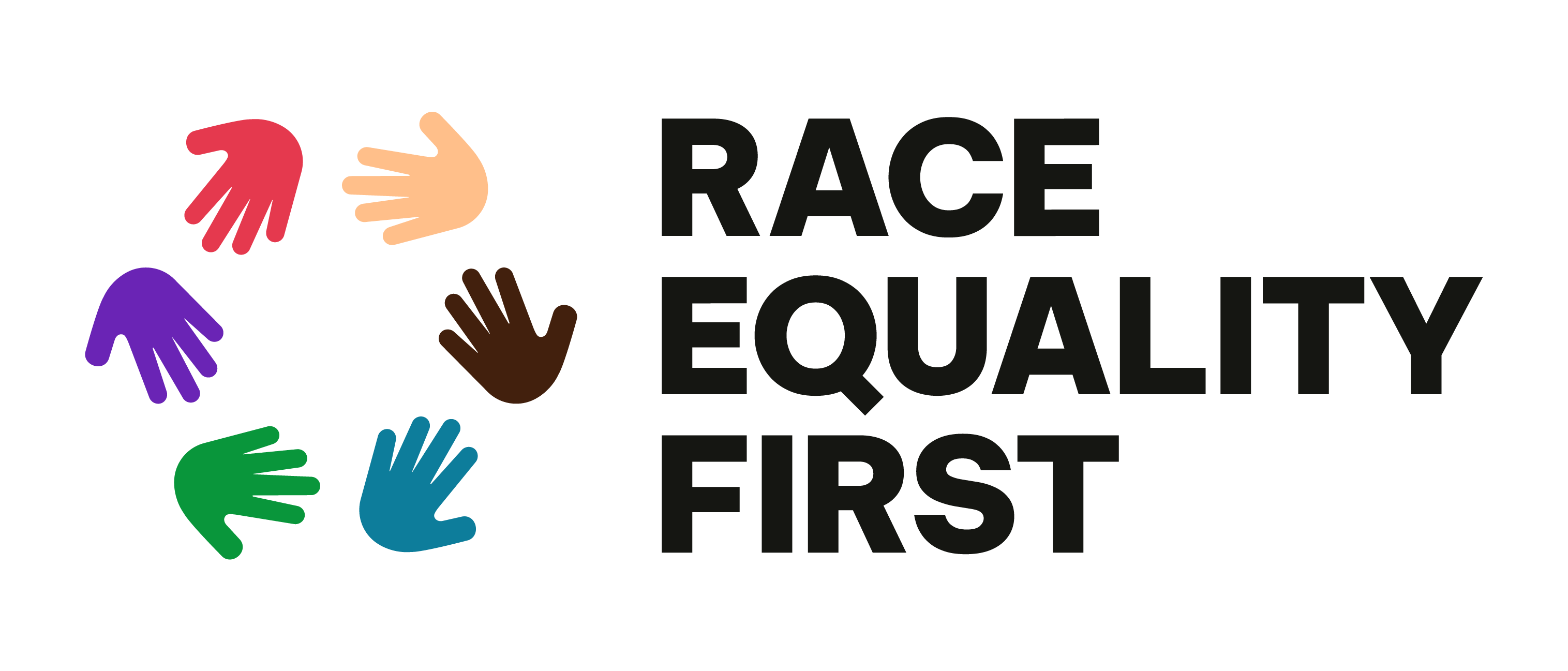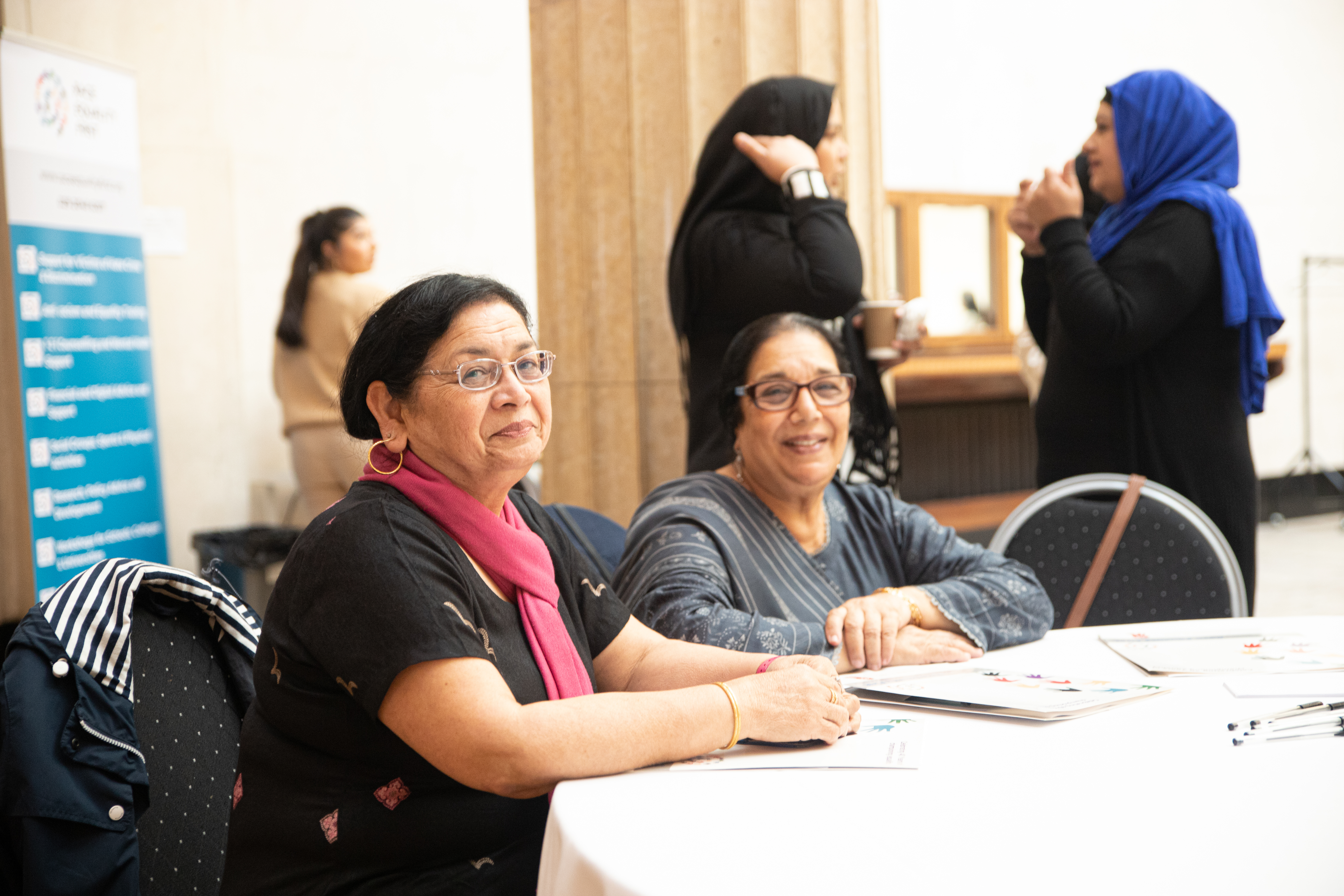
Financial & Digital Inclusion
Financial & Digital Inclusion
Funded By:
Santander Foundation
Status:
Active


Funded By
Race Equality First
Project Status
Active
Funded by our own unrestricted reserves, From South Asia to South Wales is a two-year project which collects photographs and objects to document the stories of the three largest ethnic minority groups in Walesa. These are the Indian, Pakistani and Bengali communities in Cardiff and Newport, highlighting the contributions of the South Asians to Welsh history and their influence on our culture.
60 interviews taken with South Asian families over two years will culminate in an e-book, a 60-minute docu-video, and an exhibition at the the Riverfront Theatre in Newport.
According to the 2021 census, South Asians make up 3% of Wales’s 3.19m population with 53,918 people of Indian, Pakistani and Bangladeshi origin living in Wales. The largest majority live in Cardiff (Indian population of Cardiff is 8,837 people), Pakistani (8,615) and Bengali (6,887) and Newport: Pakistani (4,803), Bengali (2,858) and Indian (2,023).
These communities contribute to Wales’s culture, economy and arts. Cardiff and Newport have a well-established South Asian community, many of whom arrived in Wales during the 1950s and 1960s. Asian restaurants, grocery and clothes stores, temples and mosques are all visible across Cardiff and Newport, particularly in Cathays, Plasnewydd and Roath in Cardiff and in Maindee and Pillgwenlly in Newport. Eid, Diwali and Vaisakhi celebrations take place across the two cities with the Welsh Government and local authorities joining the celebrations with their own events and messages or symbols of respect.
In the 1950s, the United Kingdom experienced labour shortages in the British steel, textile and engineering industries. Labourers were brought over and were housed in blocks of terraced houses across the UK. It was during this time, following the Second World War, and especially during the 1950s and the 1960s, that Pakistani and Indian immigration to the UK increased due to labour shortages. Large areas of cities across the UK had been destroyed by aerial bombing so a programme of rebuilding began, which required workers. The British government actively invited people from the Commonwealth to come and work. A lot of doctors from India and Pakistan were recruited by the newly created NHS in the 1950s. These are facts which are long forgotten or unknown today. They need to be documented and showcased to navigate through the abhorrent racism these communities face in their everyday lives.
Interviews with 60 individuals: 30 in Cardiff and 30 in Newport (20 from each community). The stories of their lives, across generations spanning back to the 1960s and 1970s will be documented into a book and a digital book at the end of the project. The book will include a chapter charting the history of South Asian immigration to Wales, combating myths and racist theories about these communities that have contributed so much to Welsh society and its history.
An exhibition showcasing the histories of South Asians in Wales. This will be held at the Riverfront Theatre in Newport and will exhibit photographs and memorabilia such as old Asian artefacts which our elders brought with them from their home countries. The exhibition will include a programme of speeches from our interviewees where they take us through the stories of their lives as Welsh Asians, their histories, their cultures, religion and families.
A 10-minute docu-video featuring six short films highlighting the lives of South Asian community members in Wales. It will provide important material for education and also showcase the achievements of South Asian communities in Wales for the wider society. As our communities guide us through the highs and lows of their stories, the film will capture their lives, creating an important narrative of the trials and triumphs of Wales’ largest ethnic minority communities – the racism they’ve faced, the successful businesses and friendships they’ve established, the struggles they’ve encountered with lack of employment, barriers of language, religion and knowledge of their rights as citizens of Wales. Interviews used for the film and the book will include lots of photographs taken across generations of each family.
We fight on behalf of victims directly affected by hate crimes and/or discrimination, we deliver anti-racism training to companies of all sizes, and we hold governments and organisations to account.
Thanks to our funders, we’re able to run live projects that inspire and aim to break down barriers for the benefit of the people of Wales.
Funded By:
Santander Foundation
Status:
Active
Funded By:
Welsh Government
Status:
Active

